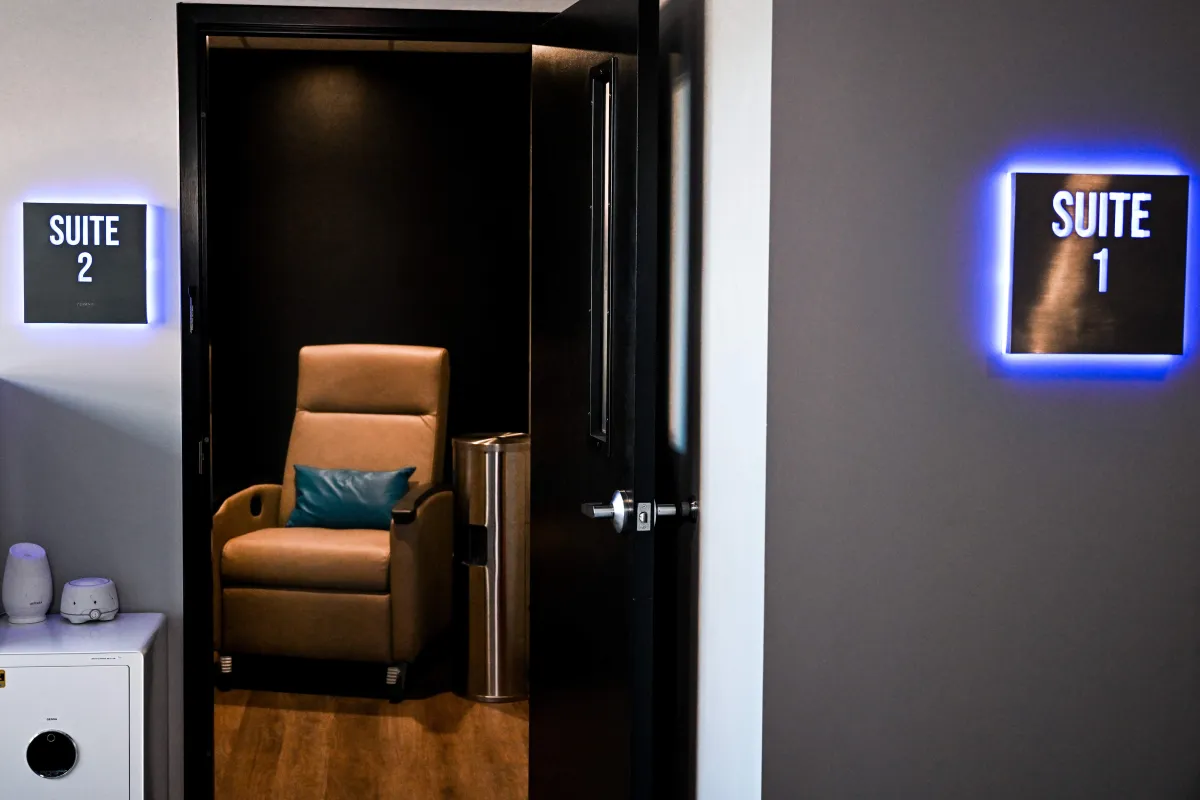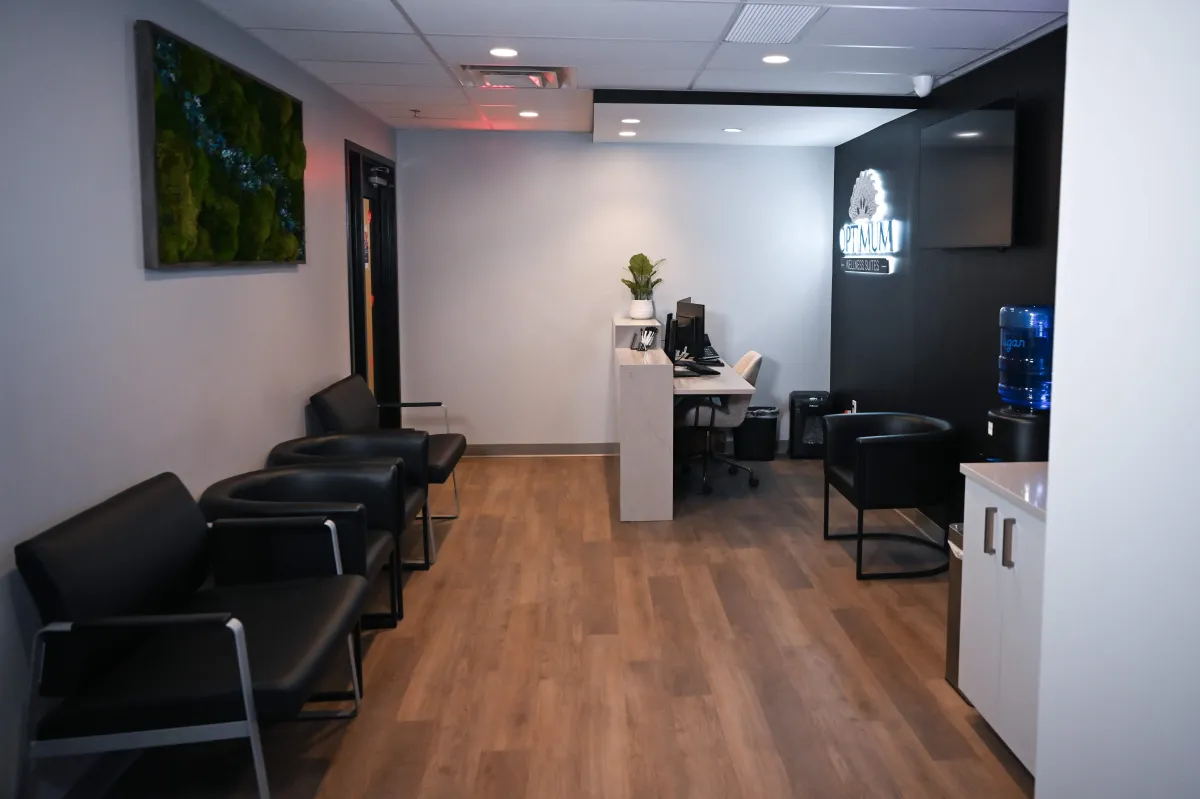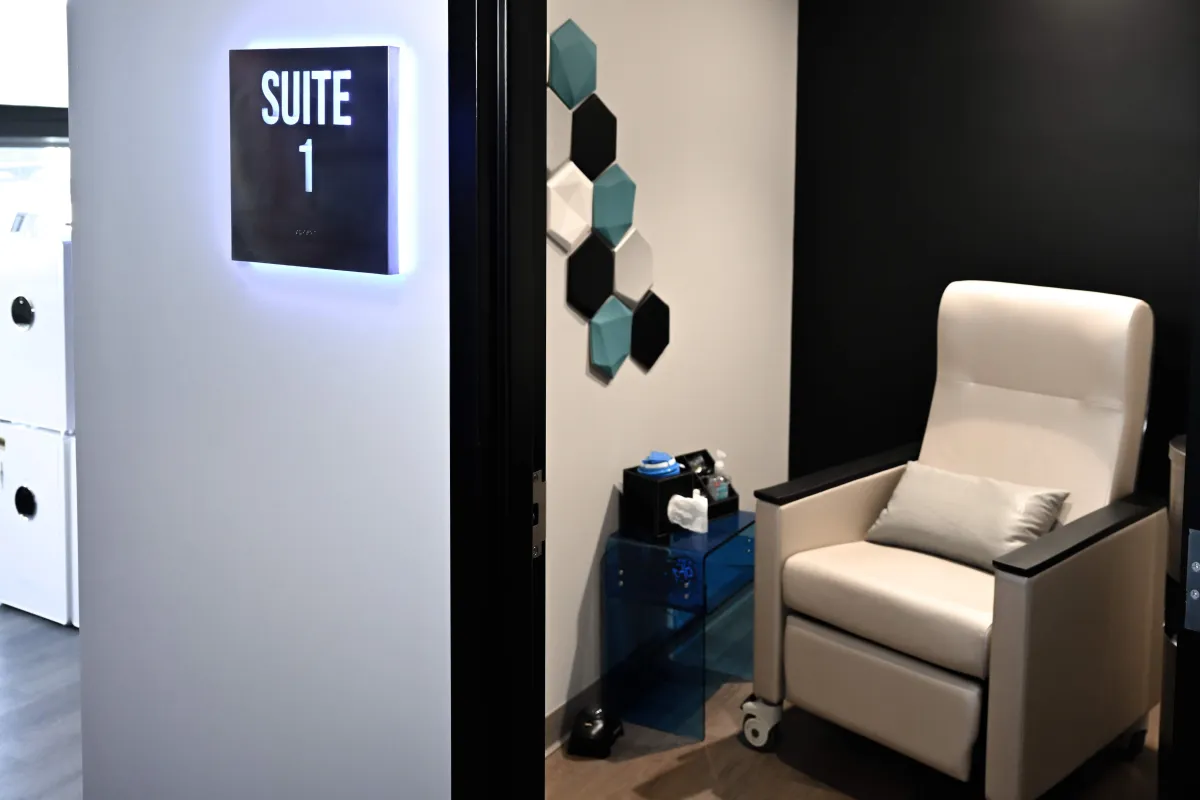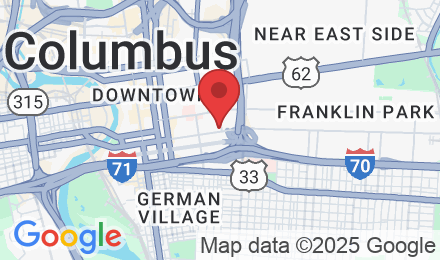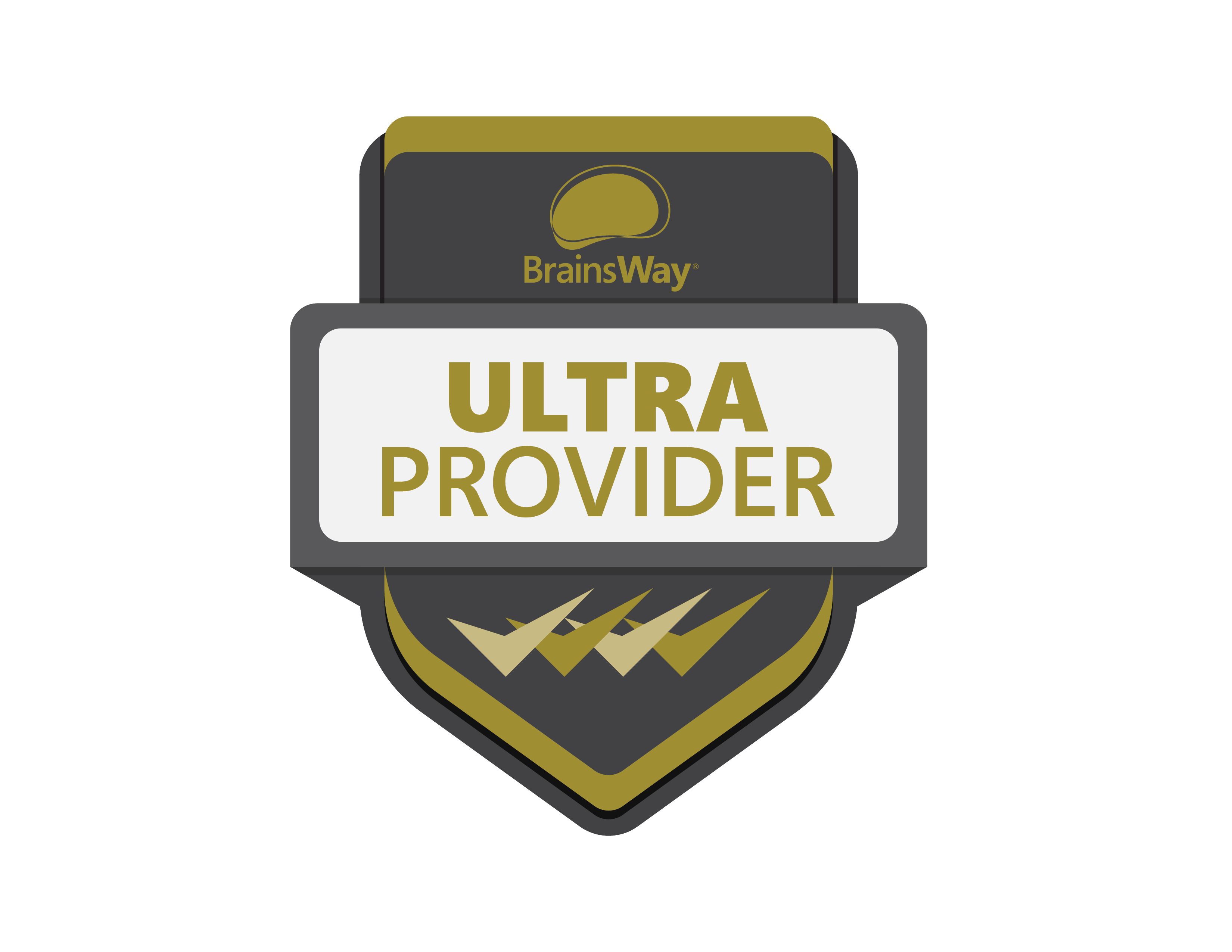Experience Remission from Depression, with TMS.
TMS (transcranial magnetic stimulation) is designed to help people who suffer most from depression to start feeling better again.
4.8 Million Treatments Administered
82% of Patients See Improvement
65% of Patients See Full Remission
What is TMS?
Transcranial Magnetic Stimulation uses strong, magnetic pulses distributed through a coil to regulate the neural activity of brain structures associated with depression.
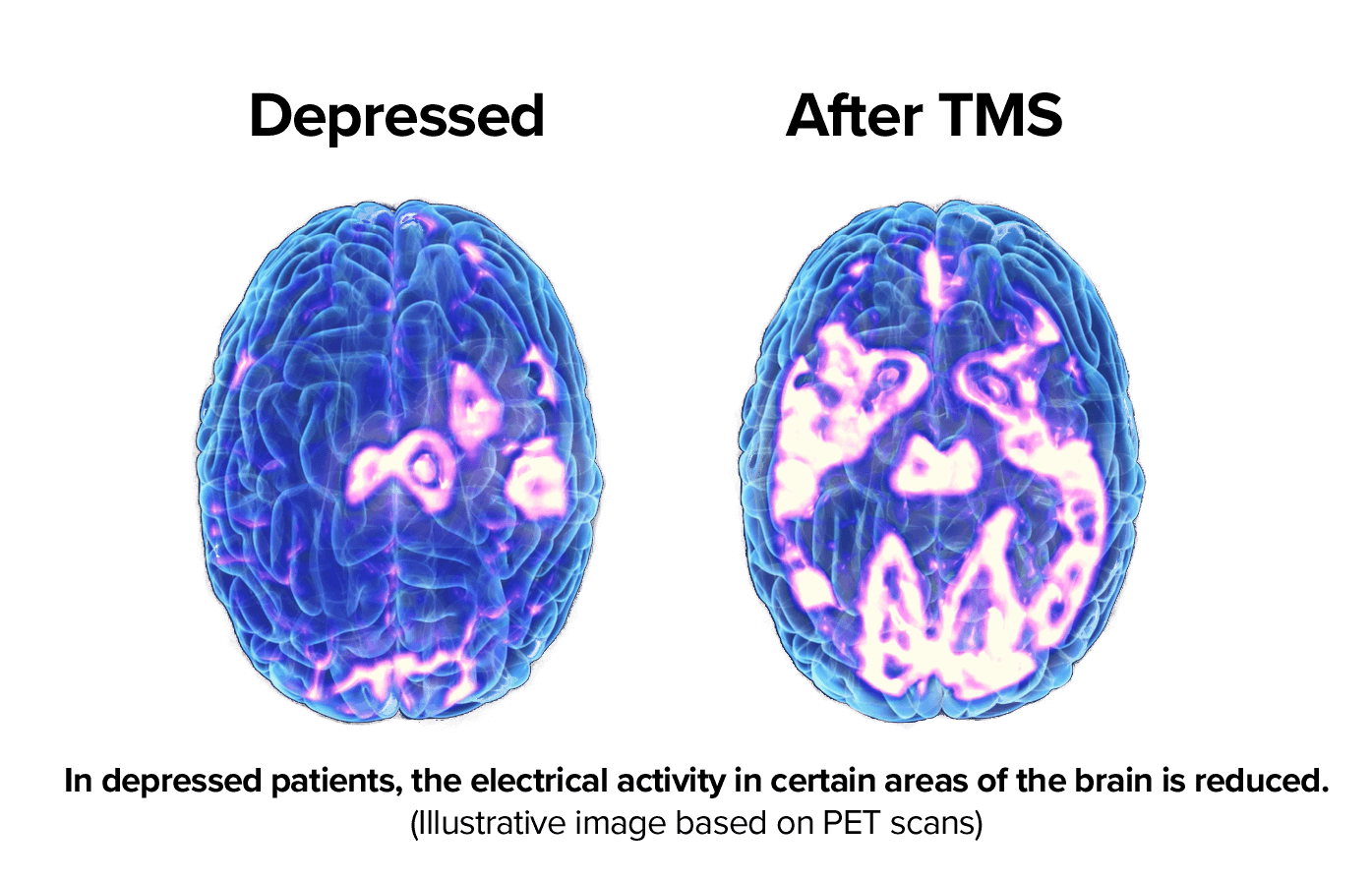
No Systemic Side Effects
While you may feel slight pressure on top of your head, most patients adapt to the sensation after just a couple of sessions.
Medication Free
Rest assured, you do not have to start a new medication regimen throughout TMS.
21 Day Difference
An analysis of 1,753 patients showed that the average patient achieved a sustained response after just 16 treatments.
Hear From Our Patients
Emanuel

"Dr. Blair and his staff are fantastic! They have a beautiful state of the art facility. An easy location to access downtown. Plenty of available hours and times for treatment. I could not be more pleased by the amount of relief they have provided to so many. Thank you, Optimum TMS!!!"
Shasta
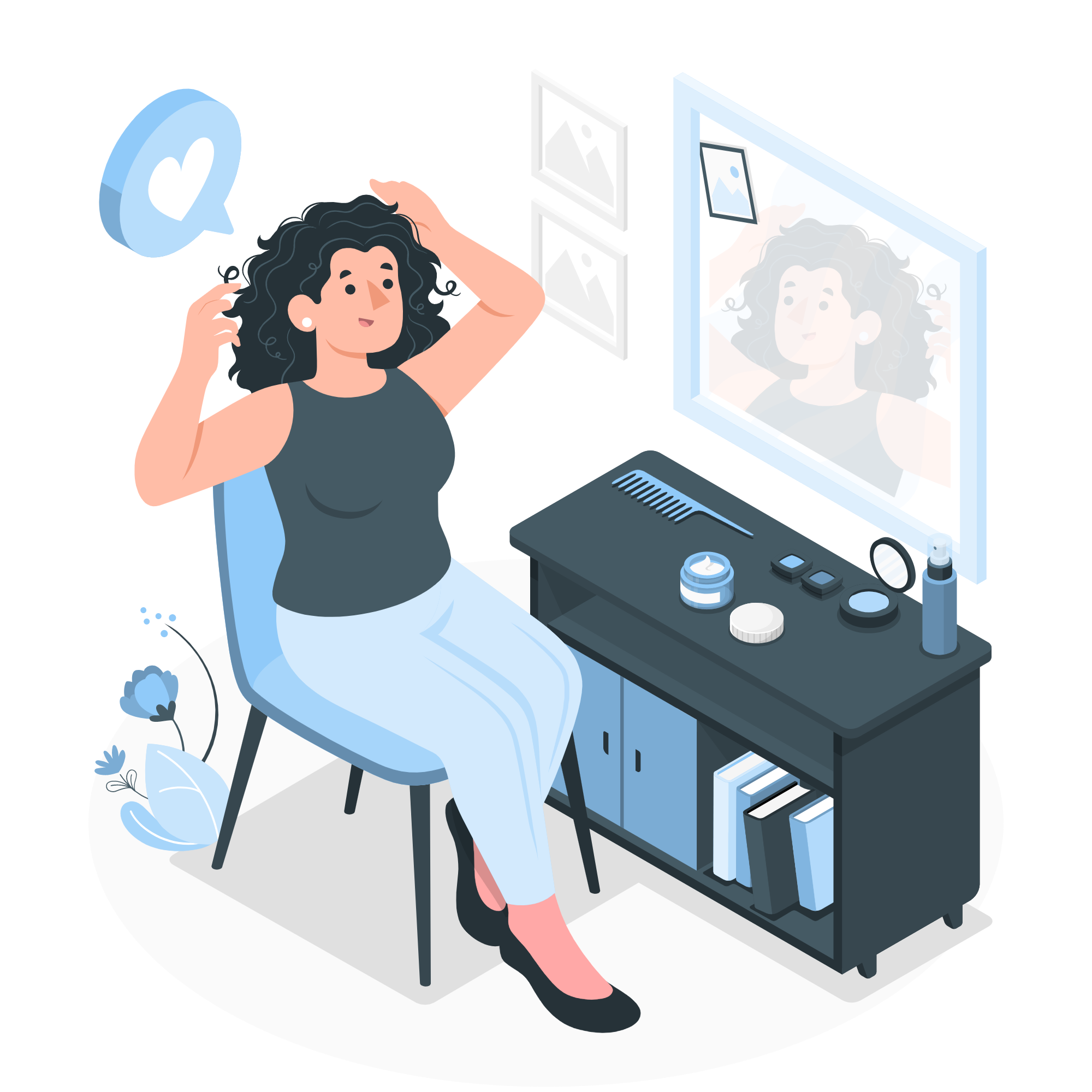
"Extremely professional, welcoming environment. TMS was life-changing for me, even years later. I cannot thank you all enough."
Neely
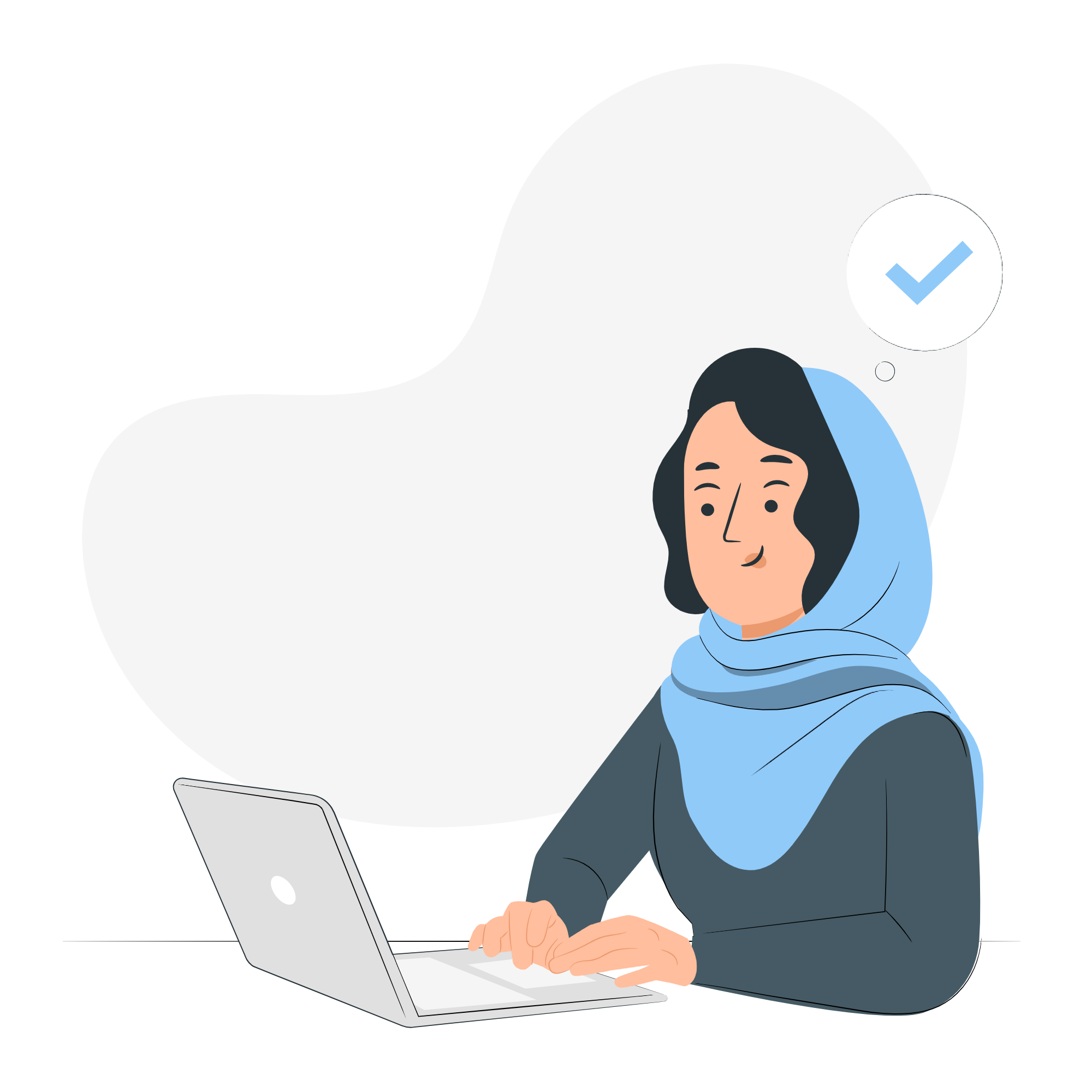
"Optimum TMS has first-rate customer service. Their approach and every step is done with intentional processes and genuine care. I highly recommend Optimum TMS and Brainsway Deep TMS."
Our Wellness Suite
Highly Effective
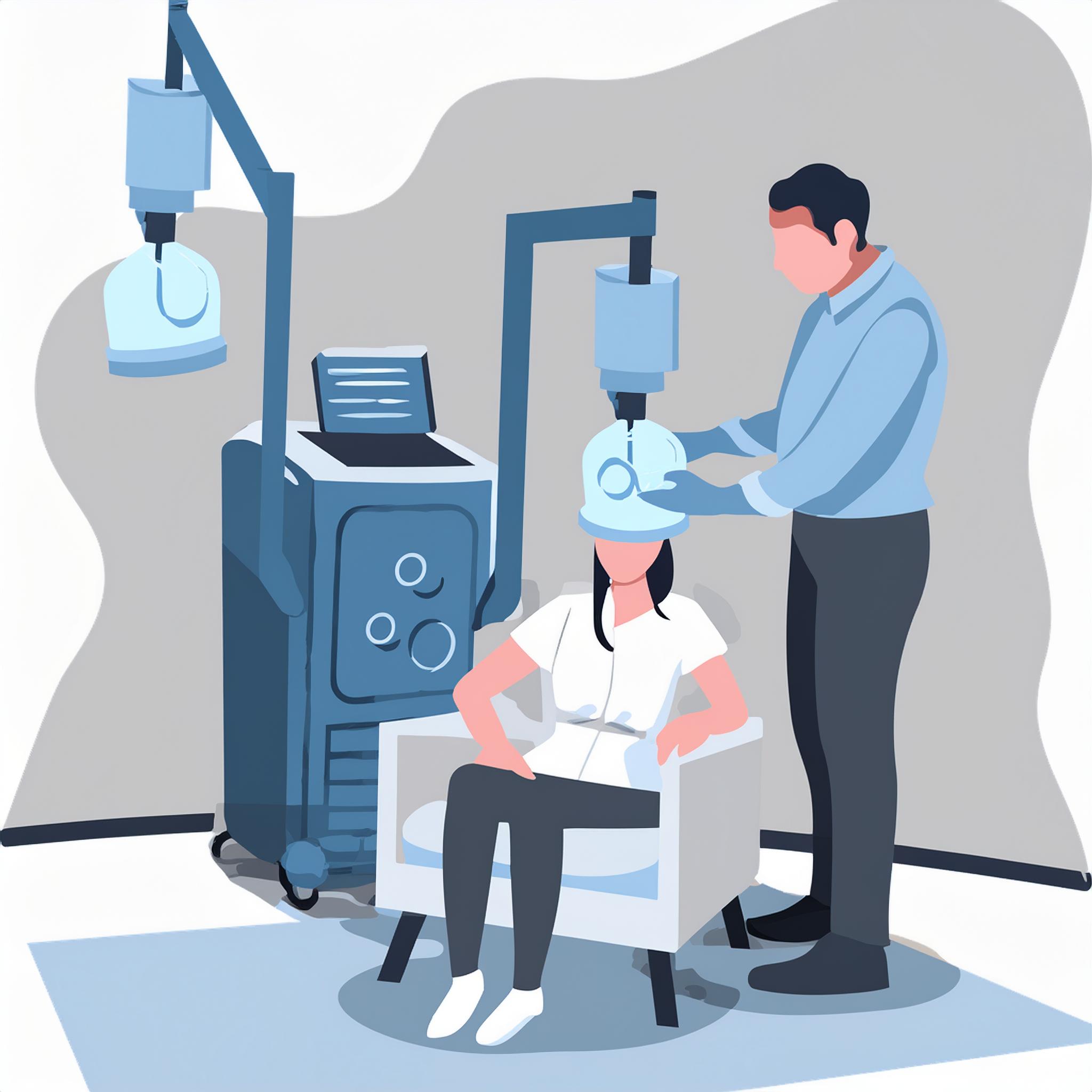
About 82% of patients who complete a full course of TMS show a clinically meaningful response and about 65% experience a full remission, meaning their symptoms go away completely
Fits in Your Schedule
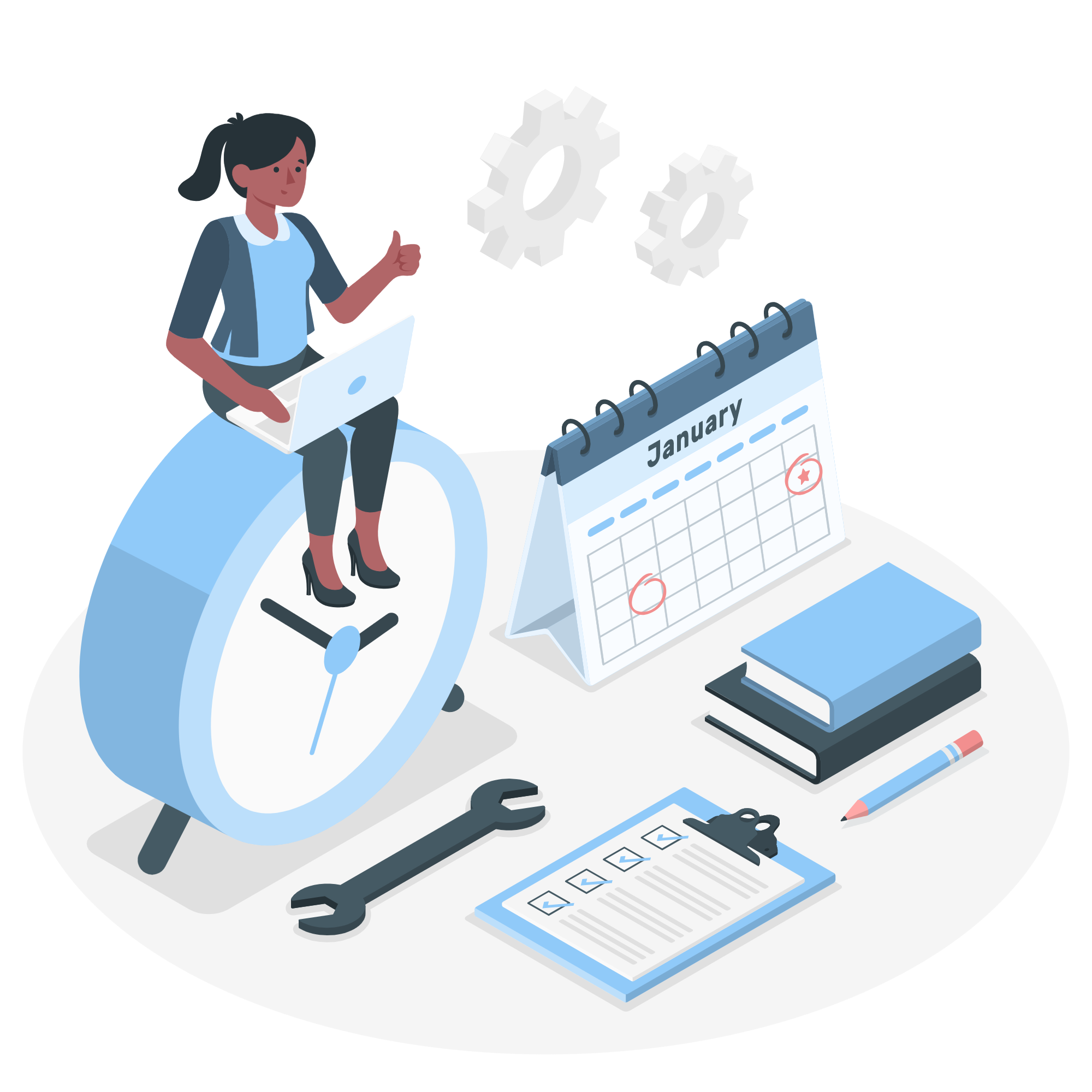
Sessions are about 20 minutes and you can drive to and from your appointments. The full course covered by insurance usually takes about 6-8 weeks to complete.
Covered by Insurance
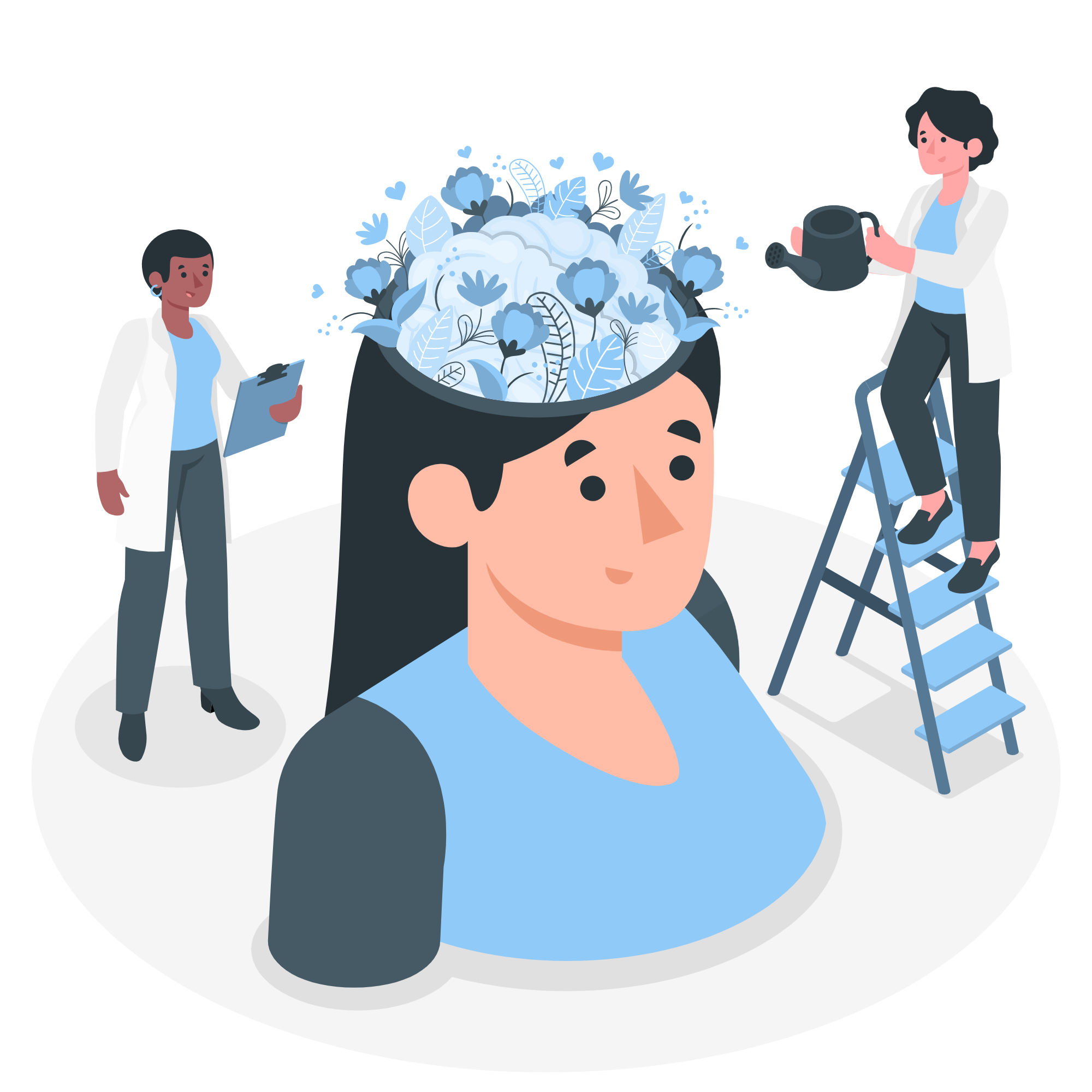
All major payers cover TMS treatment for Depression. If you've tried multiple antidepressants and therapy, there's a good chance your insurance covers it.
Meet Dr. Mark Blair, MD
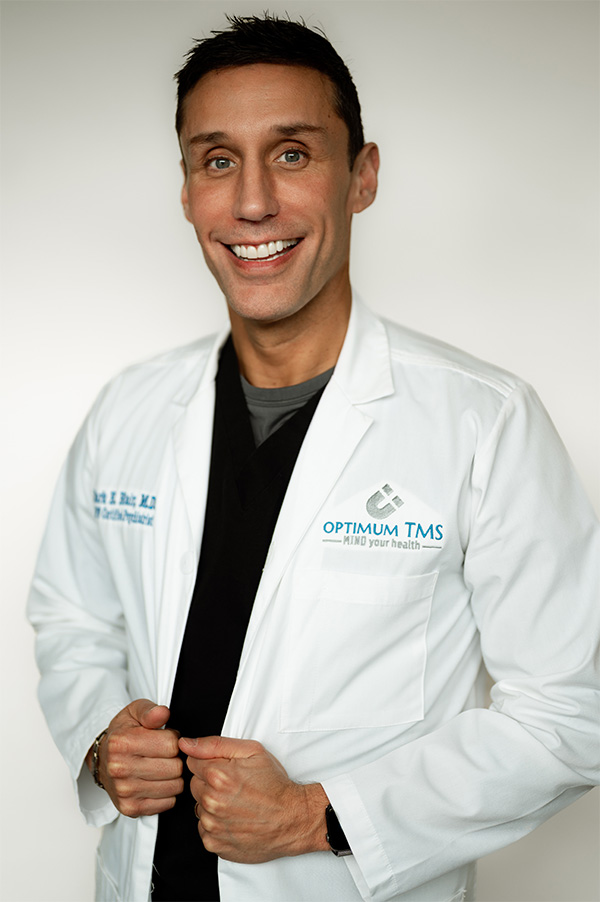
Dr. Mark Blair is a board certified adult psychiatrist. Dr. Blair graduated from the Indiana University School of Medicine in 2000, served in the US Air Force and went on to complete residency in general psychiatry at Wright State University, Boonshoft School of Medicine.
After residency, Dr. Blair has treated patients primarily in Columbus, Ohio at various treatment locations including Twin Valley Behavioral Healthcare, ViaQuest and Ohio Hospital for Psychiatry. In 2012, Dr. Blair transitioned to work primarily at Columbus Springs, where he served as Medical Director & Chief Medical Officer of Columbus Springs Hospitals until November of 2018. From November 2018 until November 2021, Dr. Blair served as Medical Director of SUN Behavioral Columbus. He founded Optimum TMS in 2017 and resigned his Medical Director position at SUN in 2021 so that he could focus full time on providing TMS therapy.
He is a member of the American Psychiatric Association, Ohio Psychiatric Association & The International Society for ECT and Neurostimulation and the Clinical TMS Society. He is experienced working with individuals suffering from a wide array of mental health conditions including depression, OCD, schizophrenia, bipolar disorder, PTSD, and various anxiety disorders.
Located in Columbus
We are In-Network with
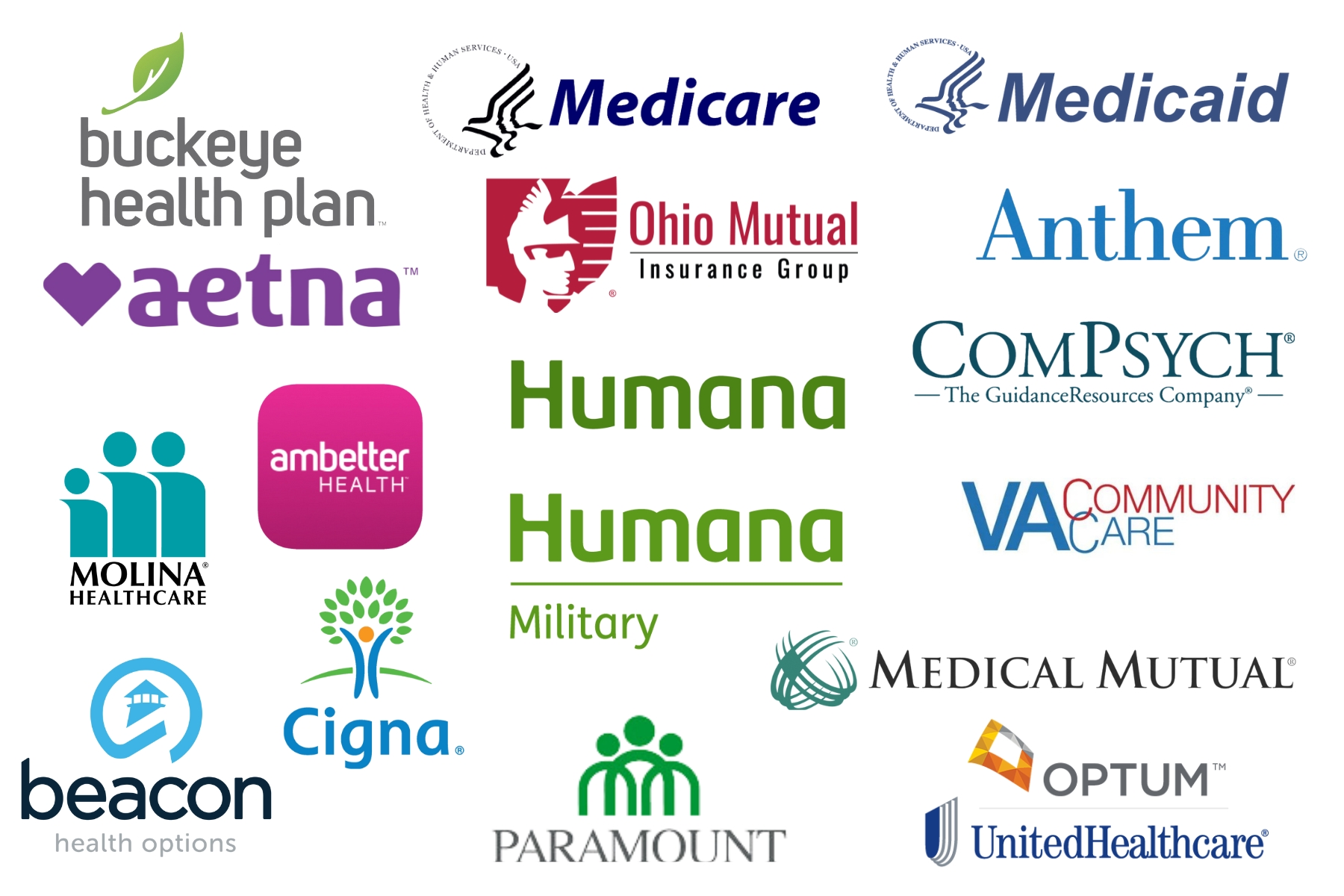
Not Sure If You Need Help?
Get instant results and feedback by taking this short quiz.
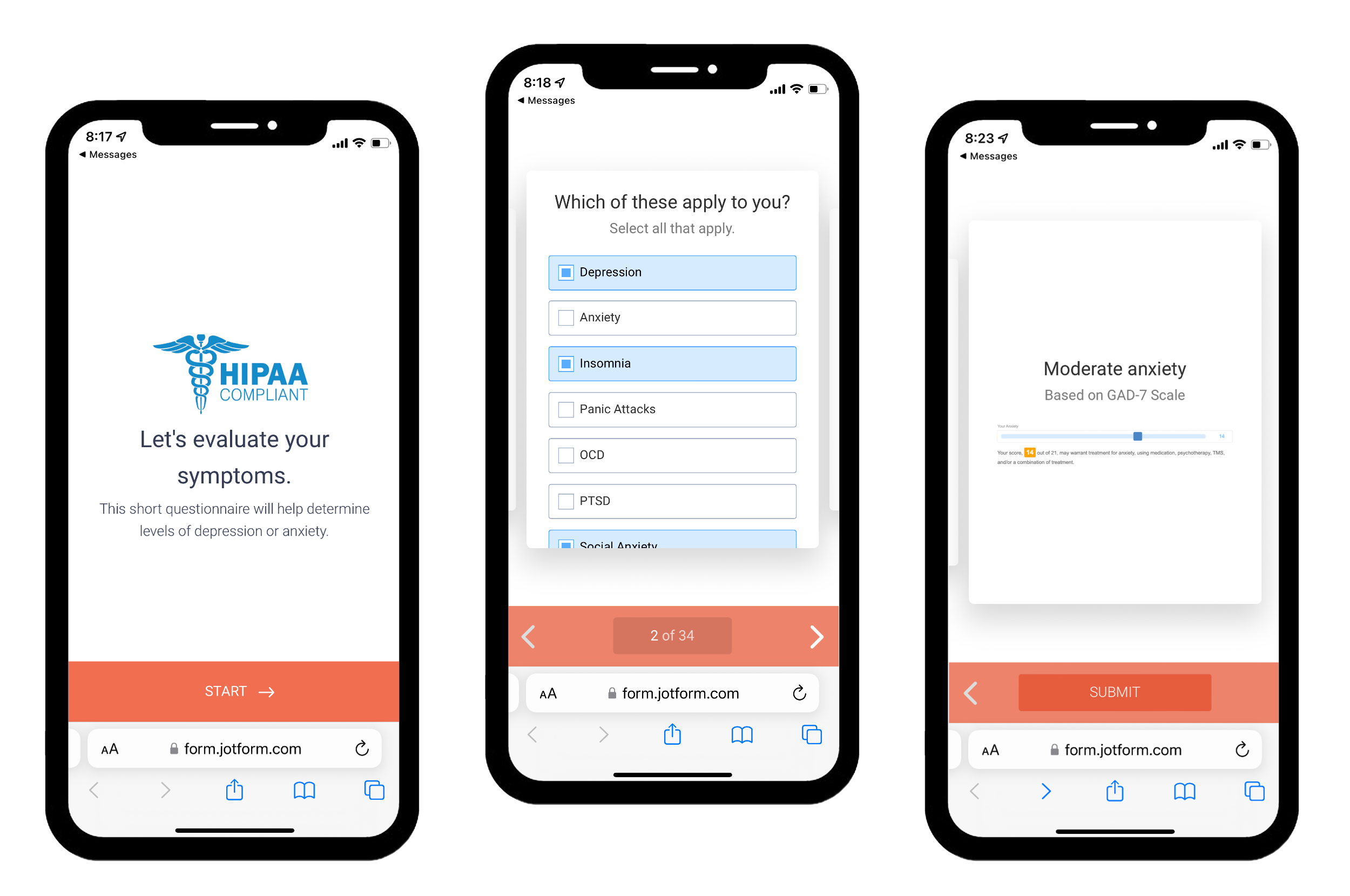
What is TMS?
TMS, or transcranial magnetic stimulation, is an alternative treatment for a variety of mental health conditions, but it is most commonly used to treat major depression and anxiety. This non-invasive therapy involves using a targeted magnetic field to stimulate under-active neurons in specific parts of the brain. TMS therapy typically takes about 6 weeks and is over 70% effective for providing long-term relief from depression symptoms.
How does TMS work?
Depression is caused by a lack of sufficient activity in the left dorsolateral prefrontal cortex, essentially the front left part of your brain. When this area is working properly, the entire brain lights up, creating an improved mood, working memory, and selective attention. TMS works by using magnetic fields to stimulate nerve cells in the brain. This is done by placing a magnetic coil near the head, which produces magnetic pulses that stimulate the nerve cells in the targeted area.
Is TMS for me?
TMS may be a good option for individuals who have not responded to traditional treatments for depression, such as medication and psychotherapy. However, it is important to speak with a mental health professional to determine if TMS is right for you.
What is TMS like? Do I feel anything?
During TMS treatment, you can sit comfortably and perform passive activities like reading a book, watching TV, or listening to music. Most patients report that TMS treatment feels like a gentle tapping sensation on the skull. Some patients experience a tingling or scalp sensitivity at the stimulation site during treatment, which can typically be mitigated by placing the device at a slightly different angle.
Are there any side effects?
The most commonly reported side effects of TMS therapy include mild headache, scalp discomfort during stimulation, and lightheadedness, all of which are typically resolved shortly after the treatment session or within the first week. Many patients report no side effects at all.
Is TMS covered by insurance?
Yes, TMS therapy is covered by almost all major insurance companies, depending on your insurance plan. Insurance plans can also have requirements for coverage, such as a prior history of antidepressant medication use or therapy treatments.
Business Hours
Monday - Friday
7am - 6pm

